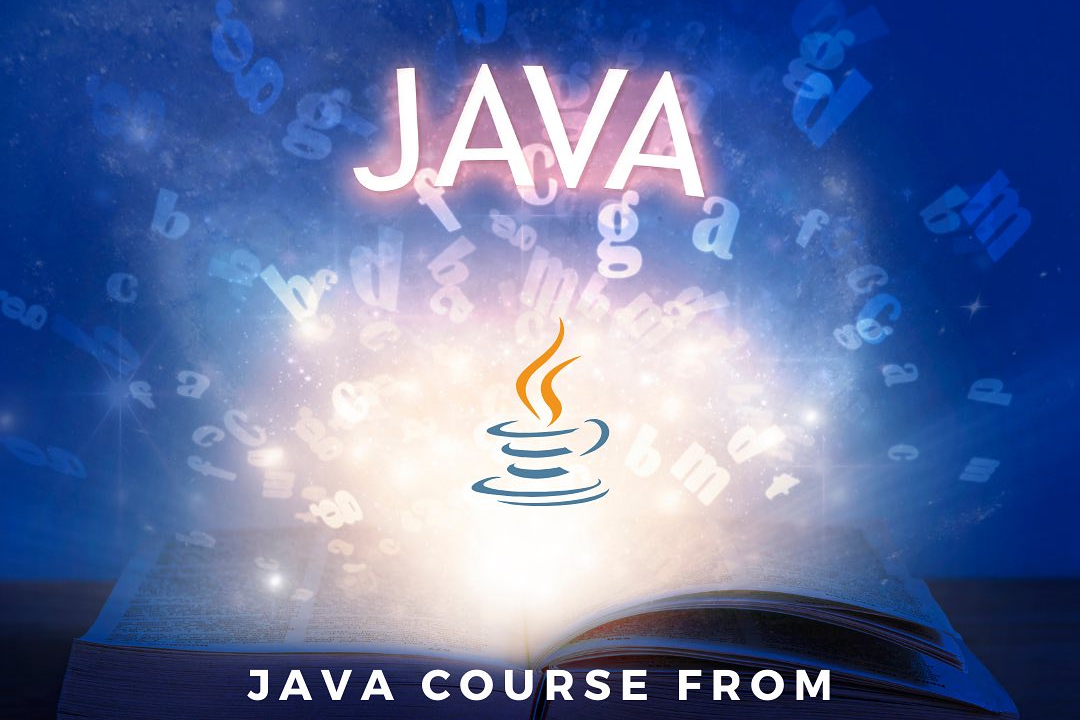Java Rpc Frameworks
Exploring Java RPC Frameworks: A Comprehensive Guide
Java Rpc Frameworks
Java RPC (Remote Procedure Call) frameworks are libraries or tools that facilitate the invocation of methods or services on remote systems as if they were local, enabling distributed computing in Java applications. These frameworks handle the complexities of network communication, serialization, and deserialization of data, allowing developers to focus on business logic. Popular Java RPC frameworks include RMI (Remote Method Invocation), which is built into Java and allows method calls between Java objects on different JVMs, and gRPC, a modern, high-performance framework developed by Google that uses Protocol Buffers for efficient serialization. Other notable frameworks include Apache Thrift, which supports multiple programming languages, and Spring's integration with various RPC mechanisms. These frameworks are widely used in microservices architectures and distributed systems to facilitate seamless inter-service communication.
To Download Our Brochure: https://www.justacademy.co/download-brochure-for-free
Message us for more information: +91 9987184296
1 - Definition of RPC: Remote Procedure Call (RPC) is a protocol that enables a program to execute a procedure in a different address space (commonly on another computer) as if it were a local function call.
2) Java RMI: Java Remote Method Invocation (RMI) allows Java objects to communicate over a network. Students will learn how to use RMI to create distributed applications in Java.
3) Ease of Use: Java RPC frameworks usually aim to simplify the process of network communication and remote method invocation, allowing developers to focus on application logic rather than low level networking details.
4) Serialization: In Java RPC, objects are serialized for transmission over the network. Students will explore how to make objects serializable and the implications for performance and compatibility.
5) Transport Protocols: Common RPC frameworks can use various transport protocols, such as HTTP, TCP, or WebSocket. Training will include discussions on choosing the right protocol for different use cases.
6) Service Discovery: Many RPC frameworks incorporate mechanisms for service discovery, which allows clients to dynamically find services at runtime. This is critical for microservices architectures.
7) Framework Examples: There are several popular Java RPC frameworks such as Apache Thrift, gRPC, and Spring Cloud RPC. Each has unique features, which will be covered during the training.
8) gRPC: A modern high performance RPC framework from Google that uses Protocol Buffers as its interface description language. It supports multiple programming languages, making it suitable for polyglot microservices.
9) Apache Thrift: This framework allows for seamless communication between different programming languages, making it useful in heterogeneous environments. Students will learn how to define services using Thrift's IDL.
10) Error Handling: Understanding how to manage errors in RPC calls is essential. The training will cover exception handling mechanisms provided by different frameworks.
11) Authentication and Security: RPC calls can pose security risks. Students will learn about various authentication methods and secure communication practices in a networked environment.
12) Scalability: The training program will explore how Java RPC frameworks support the development of scalable distributed systems, including load balancing and clustering techniques.
13) Asynchronous Communication: Modern RPC frameworks often provide support for asynchronous calls, which can improve application responsiveness. Training will cover the principles and usage of async calls in various frameworks.
14) Interoperability: Students will learn how Java RPC frameworks interact with non Java clients. This aspect is crucial for developing microservices that need to communicate across different platforms.
15) API Development: Students will practice building APIs using Java RPC frameworks. This includes how to design, implement, and test RPC interfaces effectively.
16) Testing Remote Services: The training will address testing challenges for distributed systems, including methods for unit testing, integration testing, and the use of mocks for remote services.
17) Performance Tuning: Students will explore strategies for optimizing performance in Java RPC applications, such as connection pooling, serialization formats, and load testing techniques.
18) Real world Applications: Finally, the training will include case studies and real world examples of Java RPC frameworks in action, giving students insights into how they are used in industry.
This comprehensive training program will equip students with a robust understanding of Java RPC frameworks, preparing them for the demands of modern software development.
Browse our course links : https://www.justacademy.co/all-courses
To Join our FREE DEMO Session: Click Here
Contact Us for more info:
Sales force training certification
learn tableau online free
Web design and development Calgary
pmp course in chennai
Java Functional Reactive Programming











